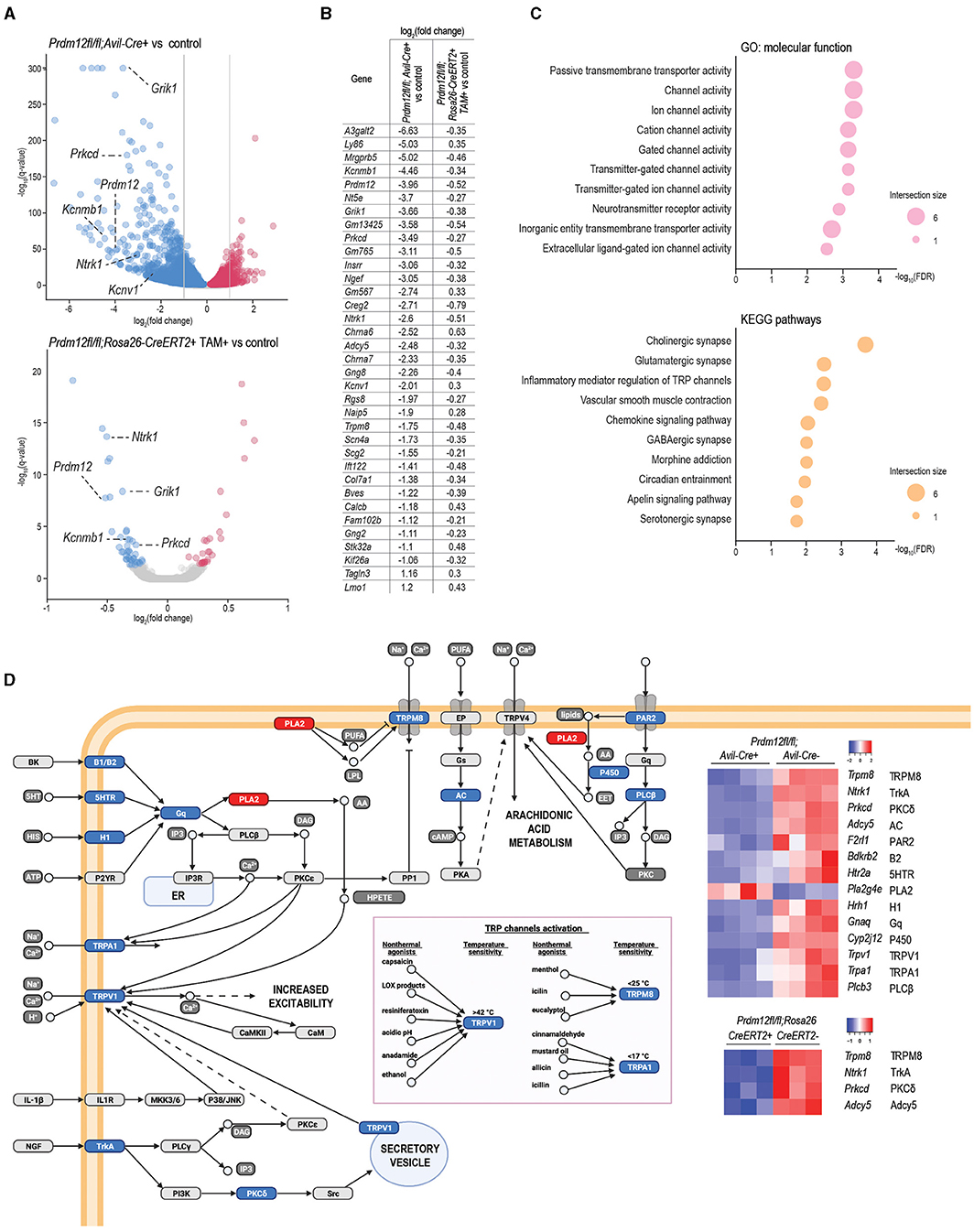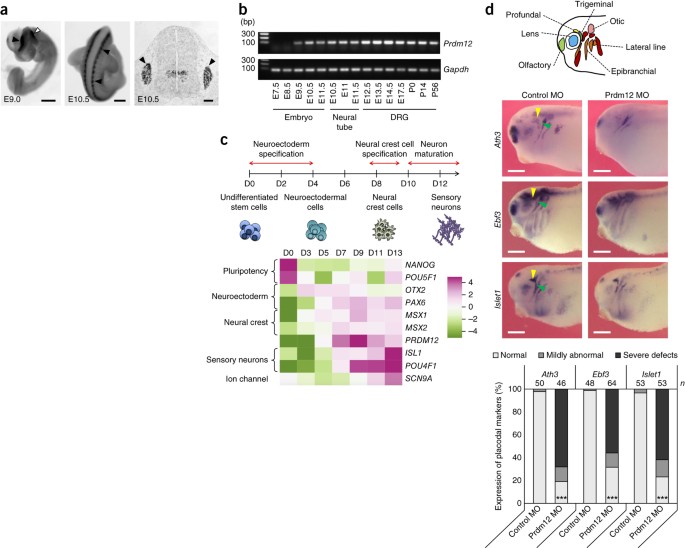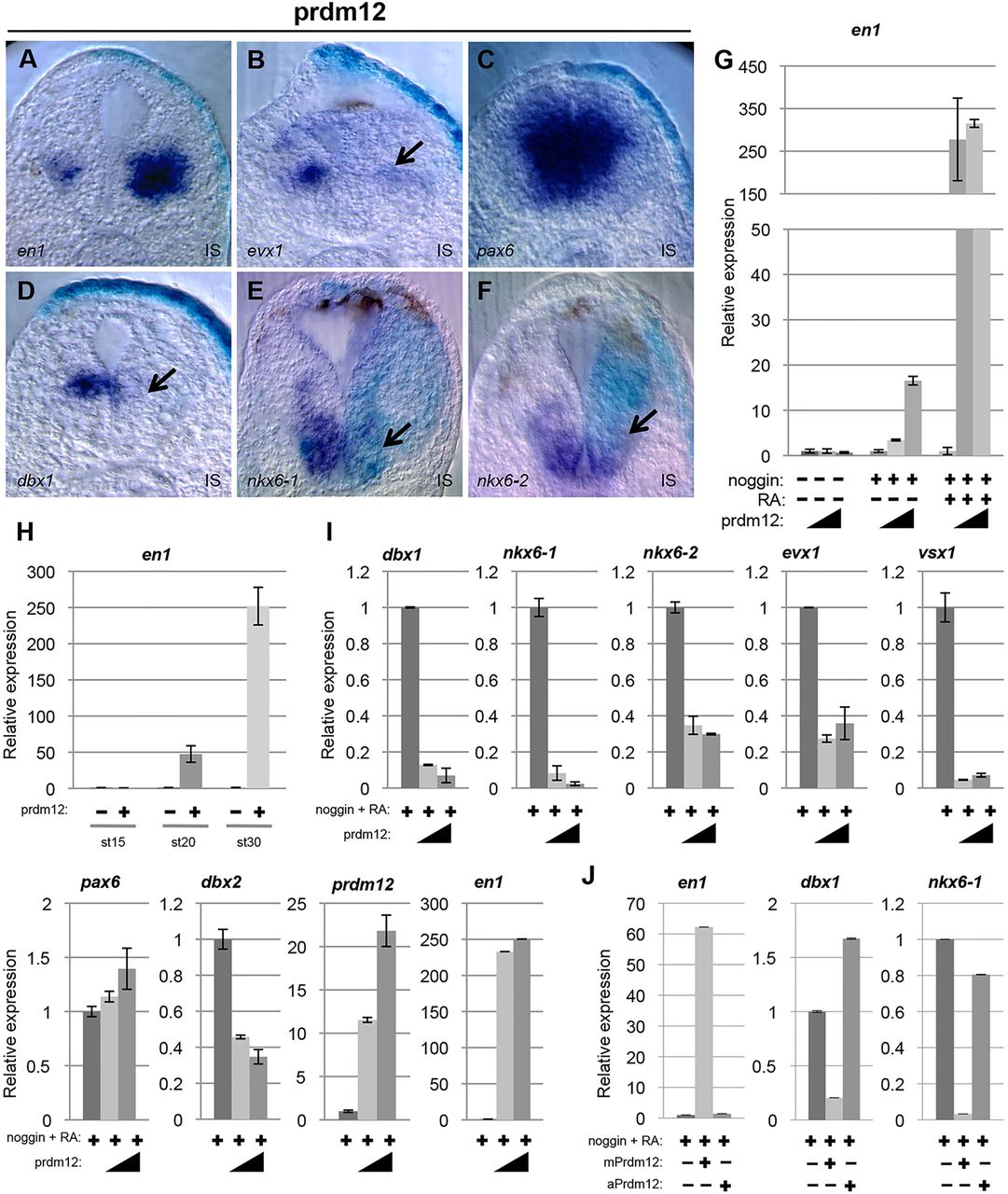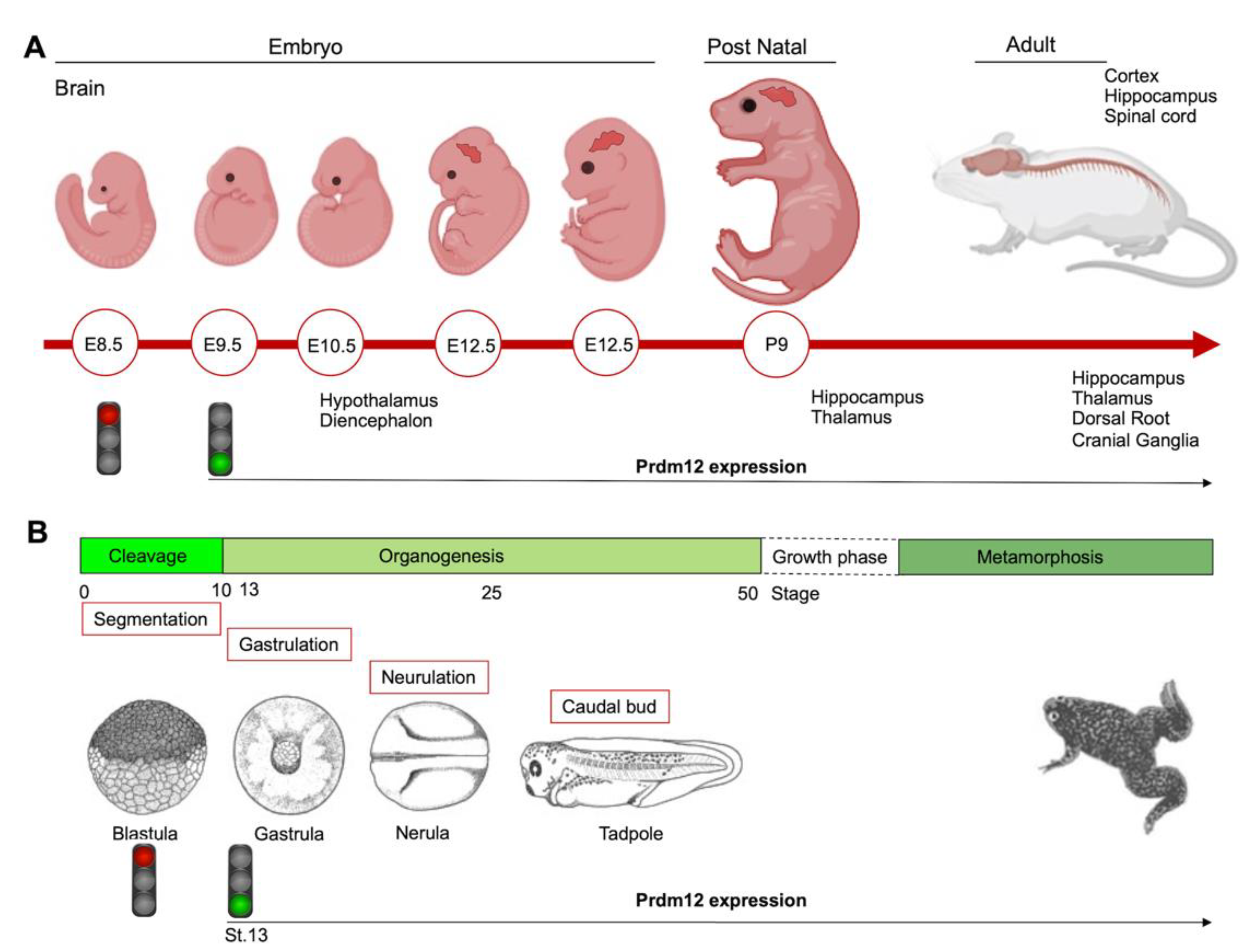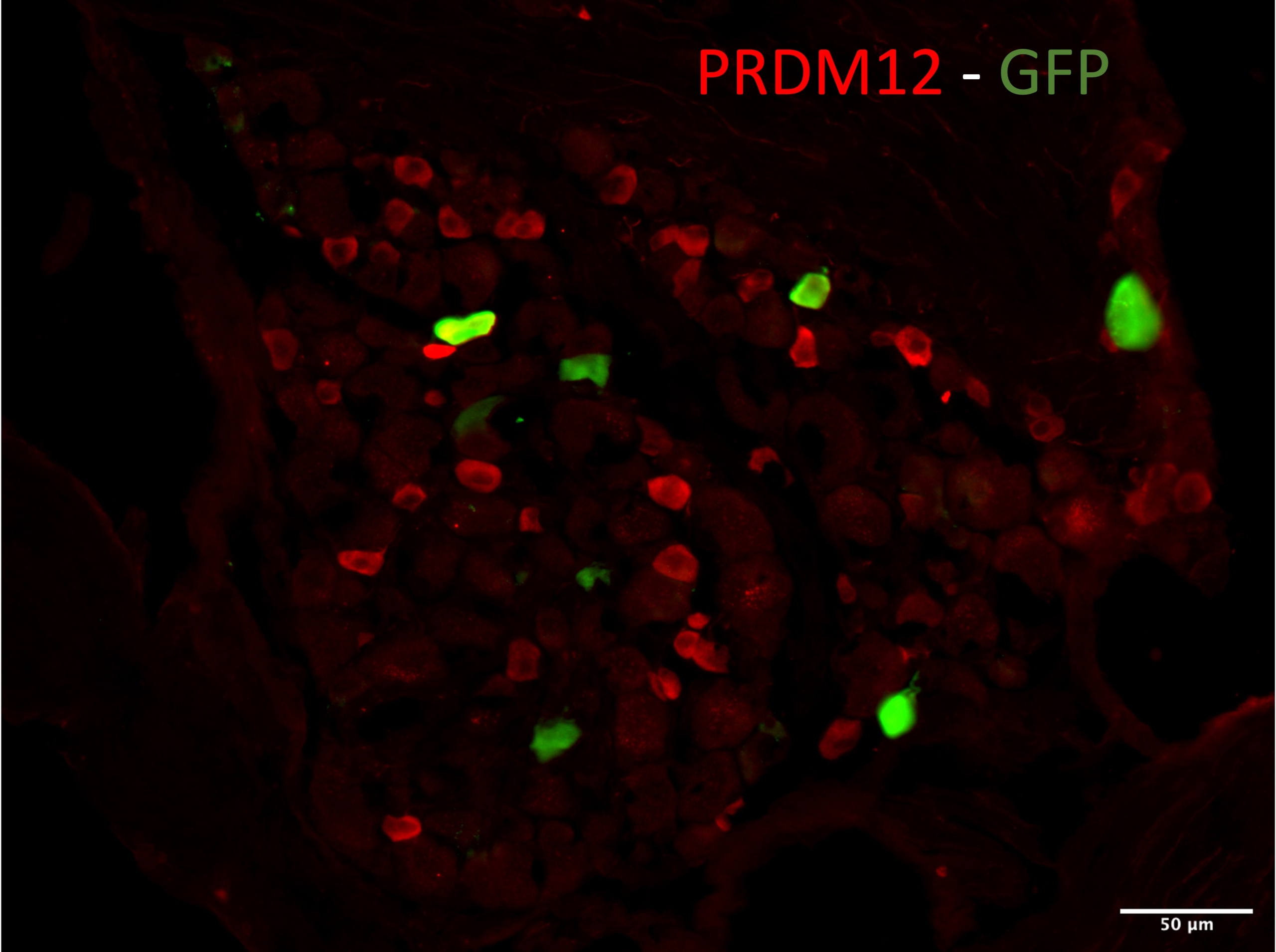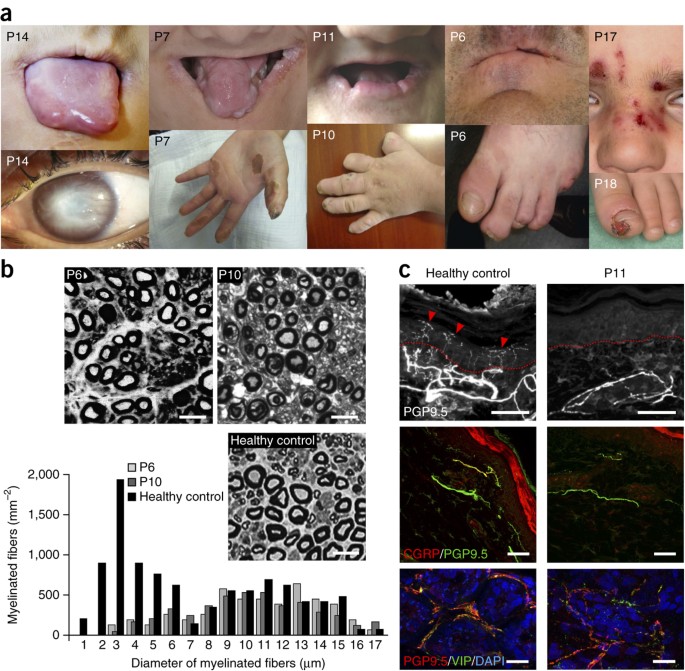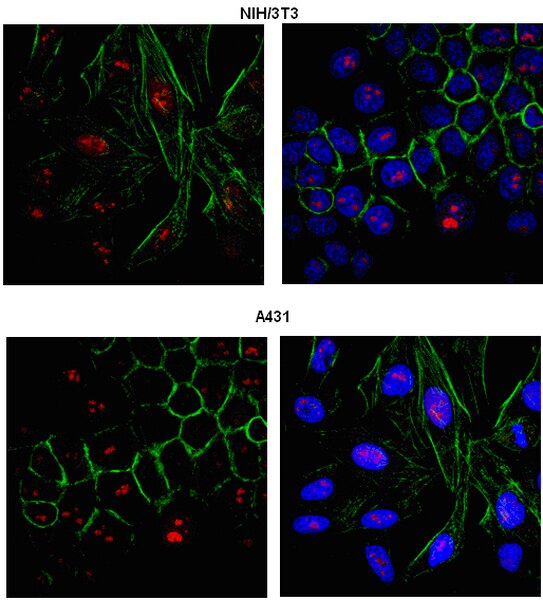
Loss of Prdm12 during development, but not in mature nociceptors, causes defects in pain sensation - ScienceDirect

Prdm12 Directs Nociceptive Sensory Neuron Development by Regulating the Expression of the NGF Receptor TrkA - ScienceDirect

PRDM12 Is Required for Initiation of the Nociceptive Neuron Lineage during Neurogenesis - ScienceDirect

A potential role for PRDM12 in the pathogenesis of chronic myeloid leukaemia with derivative chromosome 9 deletion | Leukemia

Loss of Prdm12 during development, but not in mature nociceptors, causes defects in pain sensation | bioRxiv
The transcriptional regulator PRDM12 is critical for Pomc expression in the mouse hypothalamus and controlling food intake, adip


